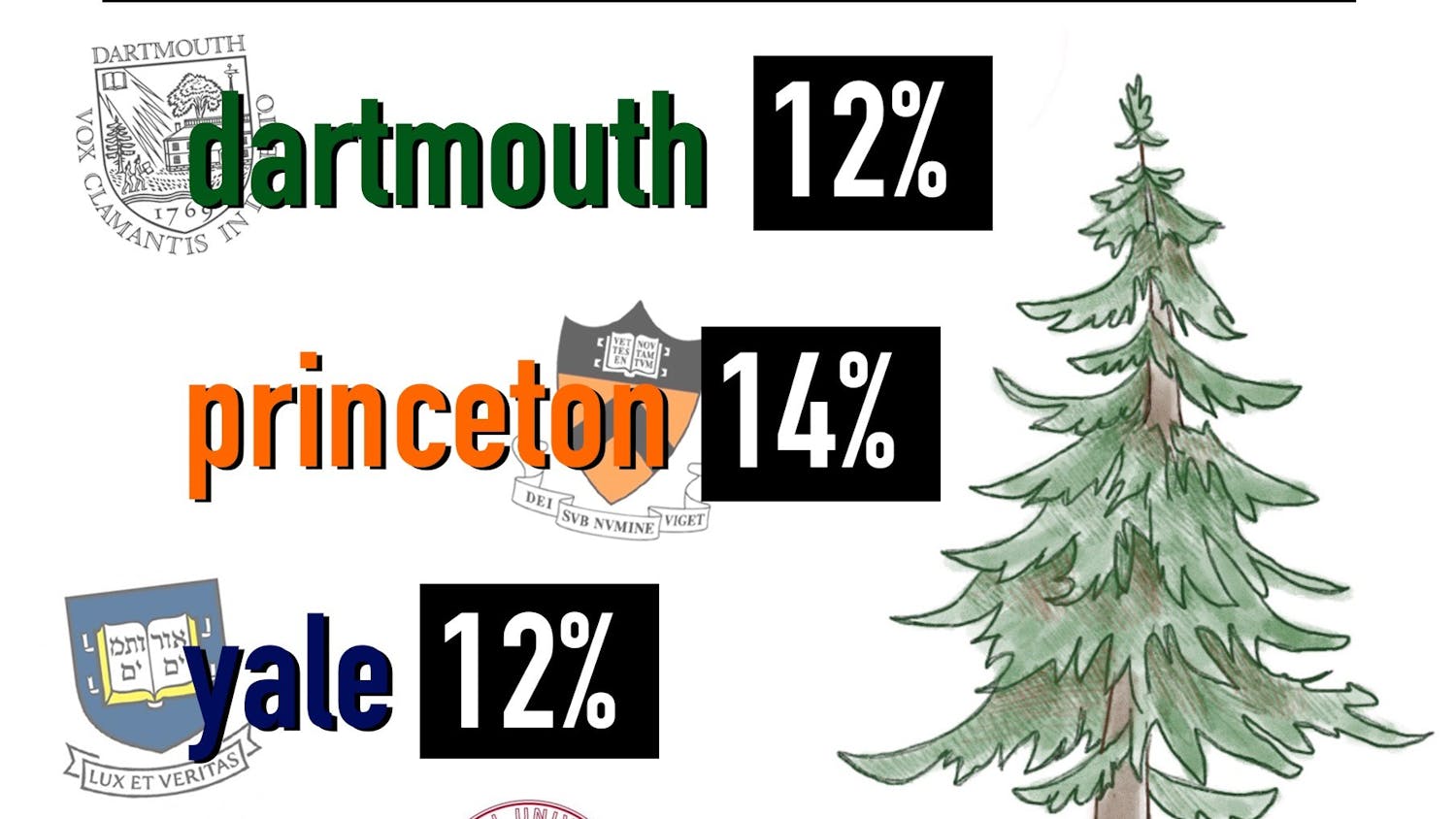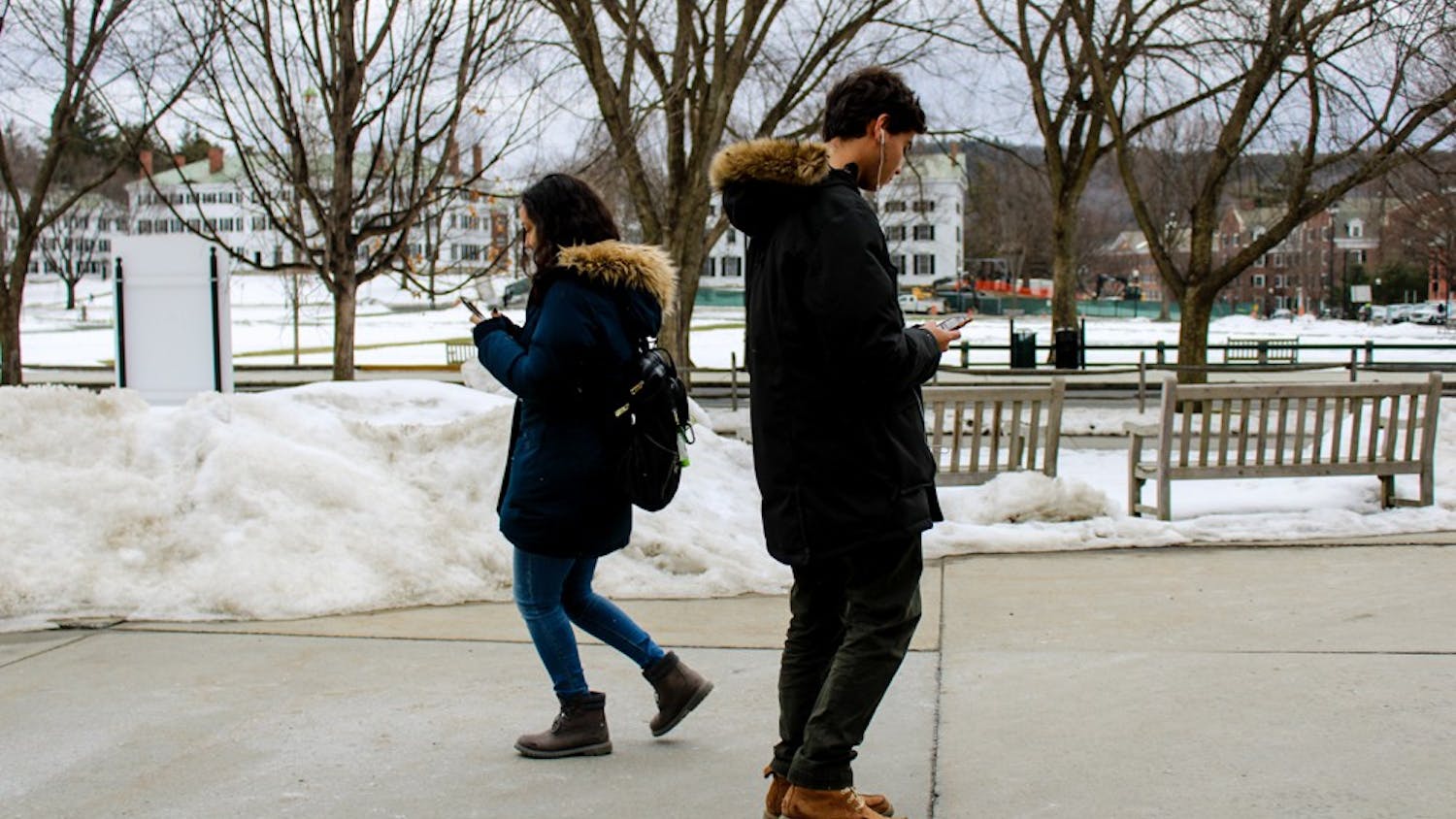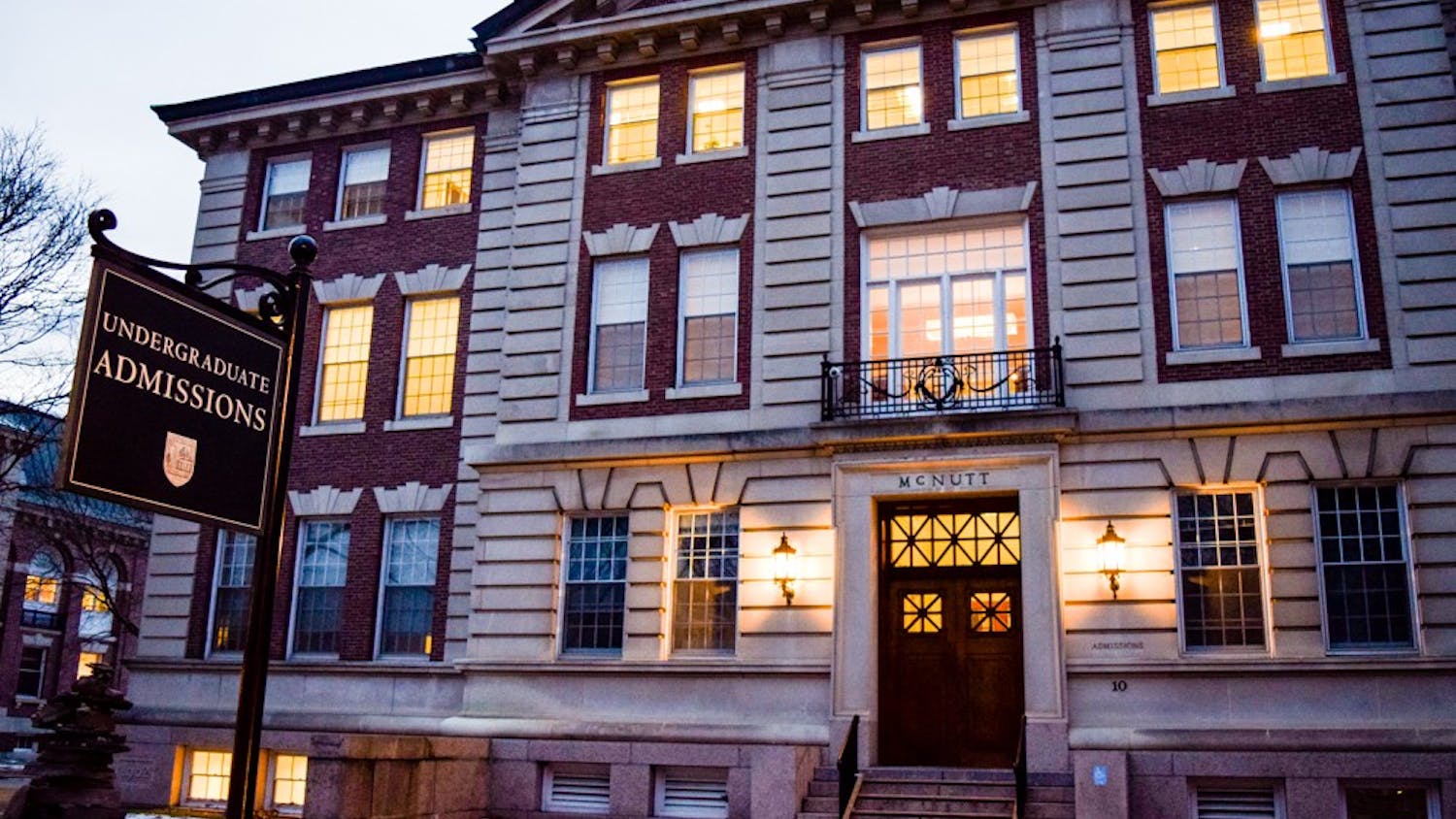Dartmouth has just accepted the Class of 2024. But already, attention has turned to the next admissions cycle. In an unprecedented time of fear and uncertainty, there are many questions around what the admissions process will look like for the coming year. Chief among them: How will applicants take the SAT or ACT?
Standardized tests form a central component of the admissions processes for most colleges, reviewed "holistically" alongside essay submissions, high school transcripts and recommendation letters, among other factors. While Dartmouth requires no minimum ACT or SAT score for acceptance, a high score is certainly taken by the College as an indicator of academic preparedness, thus contributing to admission decisions. COVID-19 has caused a lot of changes. As a result, for the coming admissions cycle, mandatory standardized testing should be waived for undergraduate admissions.
In light of COVID-19, upcoming in-person testing dates for the SAT and ACT have been canceled, affecting over a million students. While both the College Board and ACT, Inc. — the companies behind the SAT and ACT, respectively — plan for in-person testing to resume later this summer, the fast-moving realities of federal and state policies, including school closures, social distancing and shelter-in-place orders, present substantial barriers to this in-person option. As a result, both organizations have committed to exploring an online at-home format should these policies continue.
COVID-19 has exacerbated inequalities for all, including students. Accordingly, to fairly determine the admissions potential of all applicants for the upcoming admissions season, Dartmouth must waive its mandatory standardized testing requirements.
Standardized test scores are already highly correlated with income, with the testing companies long criticized for playing into systemic racial and socio-economic discrimination. Bringing the standardized tests online would only widen this large gap between income and achievement.
Online testing would require test-takers to have steady internet connection and a quiet learning environment. Yet, a 2015 Pew Research study found that lower-income high school students have disproportionately less access to steady at-home internet in comparison to their higher-income peers. Furthermore, low-income students are less likely to have access to a computer or a quiet at-home study environment. Therefore, high-income students would disproportionately benefit from online testing, while low-income students would be put at an inherent disadvantage.
There are also concerns around the greater possibility of cheating in online testing. In the wake of the Varsity Blues Scandal — in which certain wealthy parents paid to increase the SAT scores of their children — the supposed fairness of college admissions has been substantially undermined. While the College Board’s president, Jeremy Singer, has expounded on extensive online proctoring systems that would accompany an online SAT, even careful technological measures can be side-stepped or overpowered.
In response to the recent cancellations and formatting changes of standardized testing, many colleges are beginning to modify admissions requirements. More than 24 colleges have announced that standardized tests will be optional for applicants seeking to enroll in 2021 — and in some cases, the next three years. The list includes highly selective liberal arts colleges, including Cornell University, Pomona College and Williams College, as well as California’s public universities and many others. These institutions join the ranks of other highly selective schools that had made standardized testing optional for applicants prior to COVID-19, such as Bowdoin College, New York University, Pitzer College and the University of Chicago.
Under the circumstances brought on by COVID-19, colleges should no longer take standardized test scores as an indicator of academic readiness. This pandemic, therefore, has presented Dartmouth with an opportunity: the chance to make the application for the 2021-22 admissions season test-optional. As a highly selective school and a member of the Ivy League, Dartmouth’s decision would certainly influence other schools and perhaps question the necessity and integrity of standardized tests altogether. Only by making standardized test scores optional will Dartmouth's undergraduate admissions be not only holistic, but also equitable.
Goldstein and Kinne are members of the Class of 2020.
The Dartmouth welcomes guest columns. We request that guest columns be the original work of the submitter. Submissions may be sent to both opinion@thedartmouth.com and editor@thedartmouth.com. Submissions will receive a response within three business days.



